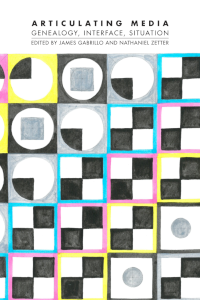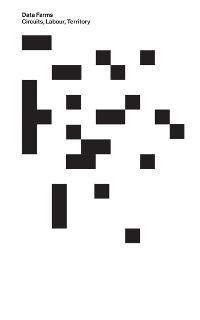On Naomi Klein's 'AI Machines Aren't Hallucinating. But Their Makers Are'
 Wednesday, May 10, 2023 at 12:51PM
Wednesday, May 10, 2023 at 12:51PM In 'AI Machines Aren't Hallucinating. But Their Makers Are', Naomi Klein provides a powerful critique of the architects and ‘boosters’ of generative AI.
It’s hard to disagree with her clinical treatment of the ‘utopian hallucinations’ of Silicon Valley CEOs: that large language model AI will solve the climate crisis, deliver wise governance, and liberate us from drudgery.
Yet like many recent accounts of the dystopian (even fascist!) future of AI, Klein’s analysis still takes an unmarked/black-boxed, modernist-left liberal humanism as the position from which everything else is to be measured and understood. And we can include in this her conceptions of privacy rights, creativity and copyright.
In its destabilising of the belief that art and culture must stem solely from the creativity of human individuals, and opening us up to an expanded notion of intelligence that is not delimited by anthropocentrism, might AI represent an opportunity for ‘we leftists’ even more radical than those Klein points to but quickly discounts? And might this be the case for all she discounts AI’s most exciting promises for good reason: because in order for large language model AI ‘to benefit humanity, other species and our shared home’, it ‘would need to be deployed inside a vastly different economic and social order than our own, one that had as its purpose the meeting of human needs and the protection of the planetary systems that support all life’.
Take the environmental crisis. Our current romantic and extractive attitude toward the environment as both:
1) passive background to be protected;
2) freely accessible Lockean resource available to be used to generate wealth and profit
is underpinned by a modernist epistemology based on the separation of human from nonhuman, culture from nature, living from non-living? Yet isn’t it this very epistemology and its ‘human values’ that AI might, just might, help us move beyond?
 Gary Hall | Comments Off |
Gary Hall | Comments Off | 








